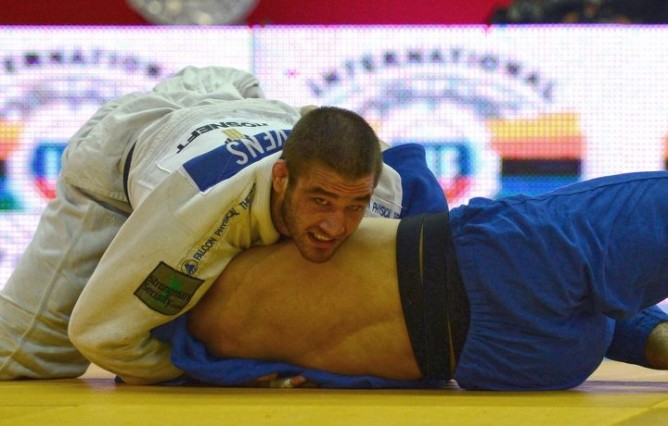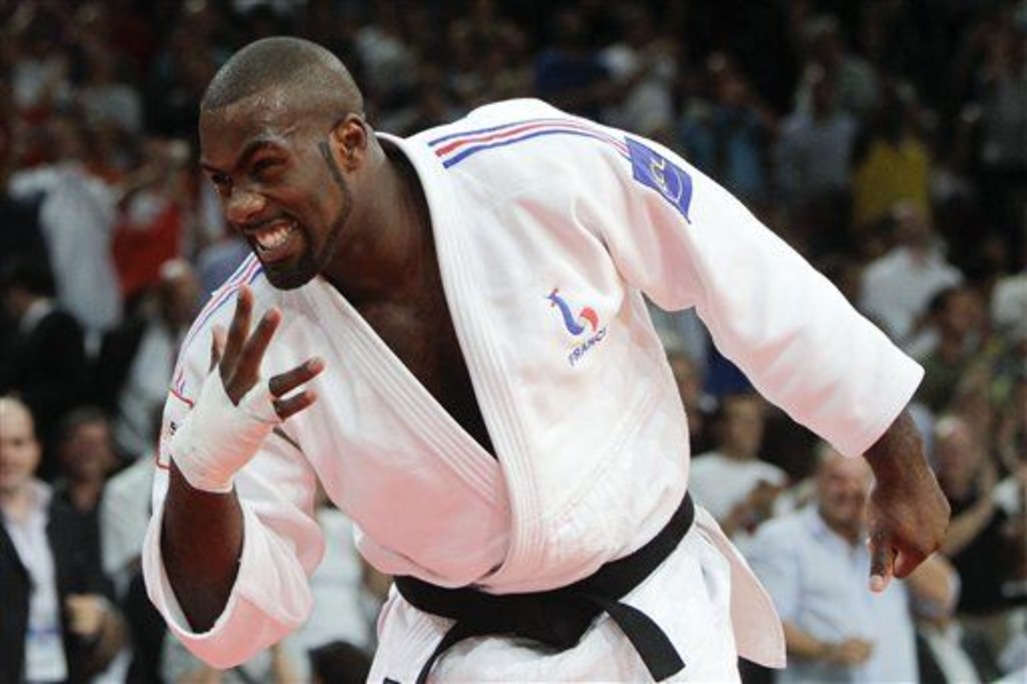This was a question asked in my other thread and I thought it warranted its own thread. There is a slight disdain for sports and competition among traditionalists within the martial arts. It even pops up in my style Brazilian Jiujitsu, despite the fact that what brought Bjj to prominence was sport and competition. There is a group of people within Bjj who dislike what competition has done to the art, and like to hammer in the idea that sport dilutes the self defense aspect of the art.
While there is some merit to that point, there is another inescapable fact; Competition and sport (particularly MMA) have kept Bjj "honest" in that it forces the style to never drift too far into having its own head up its ****. For example, after Bjj exploded on the scene via the early UFCs, numerous other grappling systems emerged to try to supplant it as the main grappling art of the emerging sport. At first, Bjj exponents (mainly the Gracies) pushed a sort of purity message and refused to embrace other grappling styles, saying that their system of grappling was superior to all others. However, after the Gracies got beat by grapplers who had cross-trained in Bjj, other Bjj schools embraced other grappling forms. Over two decades later, it would be hard to argue that Bjj isn't an overall better martial art than it was when it first exploded on the scene in the 1990s.
Beyond general MA improvement, it would be a bit silly to believe that your average MA hobbyist is a better martial artist than a professional fighter. Again, when I look into my own martial art, I look at guys like Ryan Gordon, Keenan Cornelius, JT Torres, Marcelo Garcia, Ryan Hall, etc. and recognize that they would absolutely destroy me. There are videos of competitive Bjj players who roll against entire schools and submit students in that school within a matter of minutes if not seconds. Even the black belt instructors are easily dealt with, and considering that I would struggle with the average Bjj black belt, the fact that these people are several magnitudes better than them is something to think about.
Which brings us back to the general question; Are competitive sport martial artists superior to non competitive martial artists? I simply can't see how they aren't. Beyond grappling, look at the various showcases of traditional Chinese martial artists going up against MMA and sport fighters. Universally, the traditional martial artists lose, and many of the people they lose to aren't even professional fighters. Pushing this up a notch, if Jon Jones or Khabib walked into your dojo, could your instructor beat them in a fight? Bringing this down a notch would your traditional karate instructor be able to stand toe to toe against an amateur boxer? These are questions to consider because we continue to run across people who say that since their style includes wrist locks, throws, kicks, and kata, they have an advantage over a boxer because "the boxer only has punches".
I would argue that the boxer has more than punches. They have conditioning, durability, endurance, and fighting experience.
Anyway, I'm interested in your thoughts.



